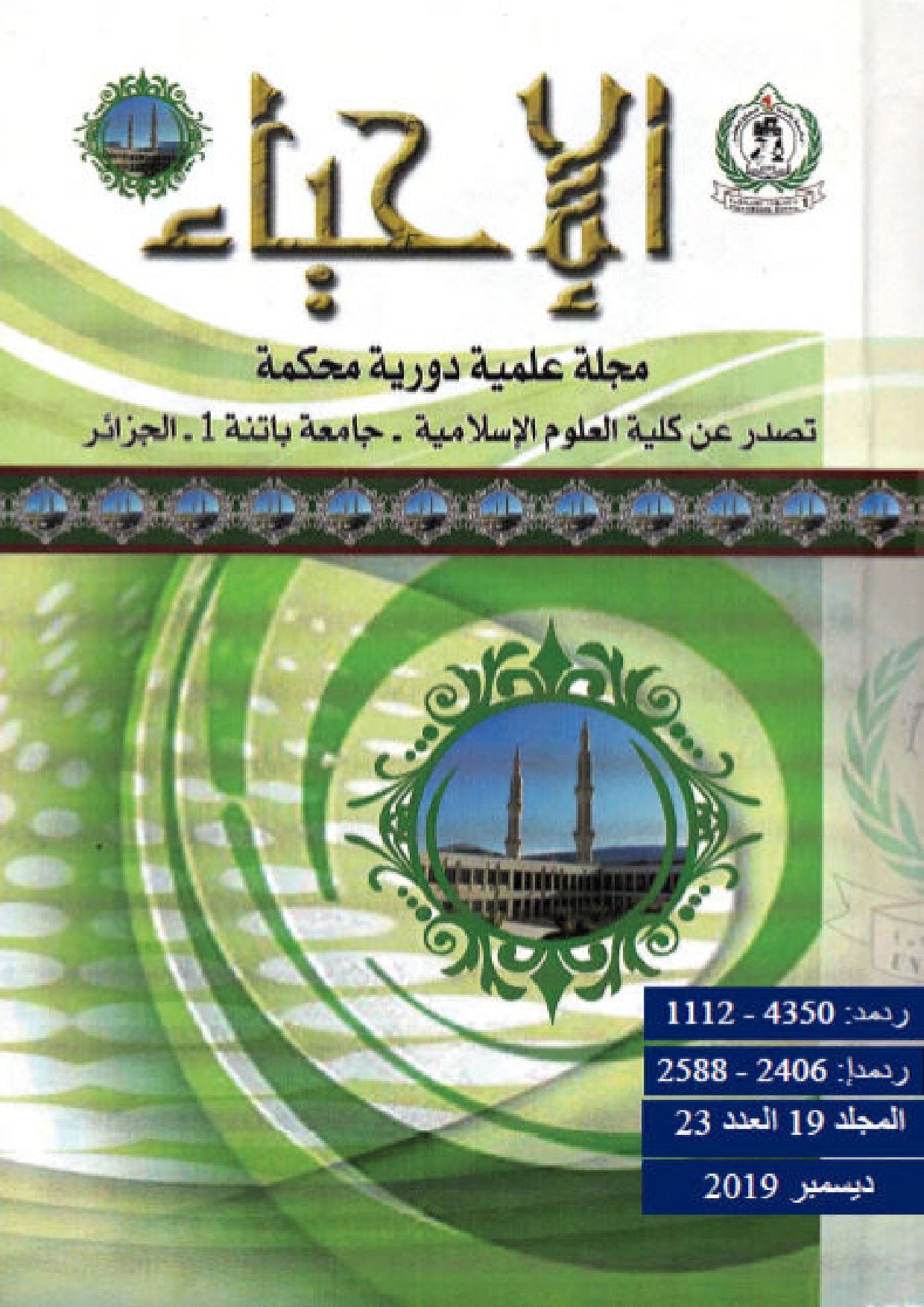مظاهر تطلع الشريعة الإسلامية إلى تحرير الإنسان من العبودية، ومقاصد عدم نسخ أحكام الرّقيق في الإسلام -دراسة مقاصدية فقهية-
DOI:
https://doi.org/10.59791/ihy.v19i2.4338Keywords:
freedom, slavery, the purposes of Shariah, abrogationAbstract
The research aims to highlight the aspects in which Islamic jurists ruled that the Almighty Lawgiver sought to liberate people from slavery of people and things other than God Almighty. The researcher sought to demonstrate the wisdom of not definitely nullifying the rulings of slavery, despite its apparent conflict with the concept of freedom. The researcher concluded that the aspects which highlight that the Almighty Lawgiver sought to liberate people from slavery are originally based on thirteen fundamentals, and that the abolition of the rules on slavery is a matter of wisdom, justice and welfare. Once nations have made agreements to ban the slavery system in the world - Muslims found that in line with the purpose of the Lawgiver in liberating people and accepting it to suit the purposes of their religion, and they had that originally. If one day nations return to this system, Muslims would find in their religion its rules established and preserved, as well as characterized by justice and mercy.
Downloads
Published
How to Cite
Issue
Section
License

This work is licensed under a Creative Commons Attribution-NonCommercial-NoDerivatives 4.0 International License.






